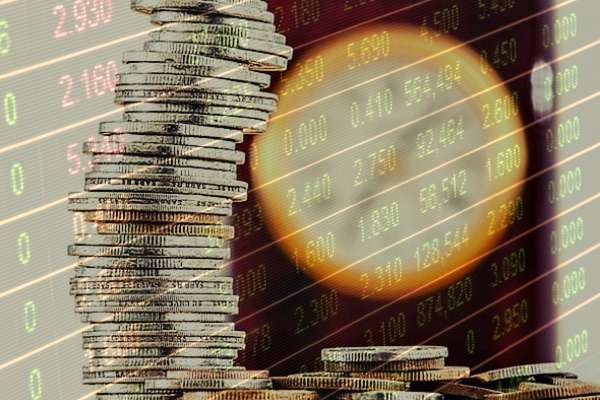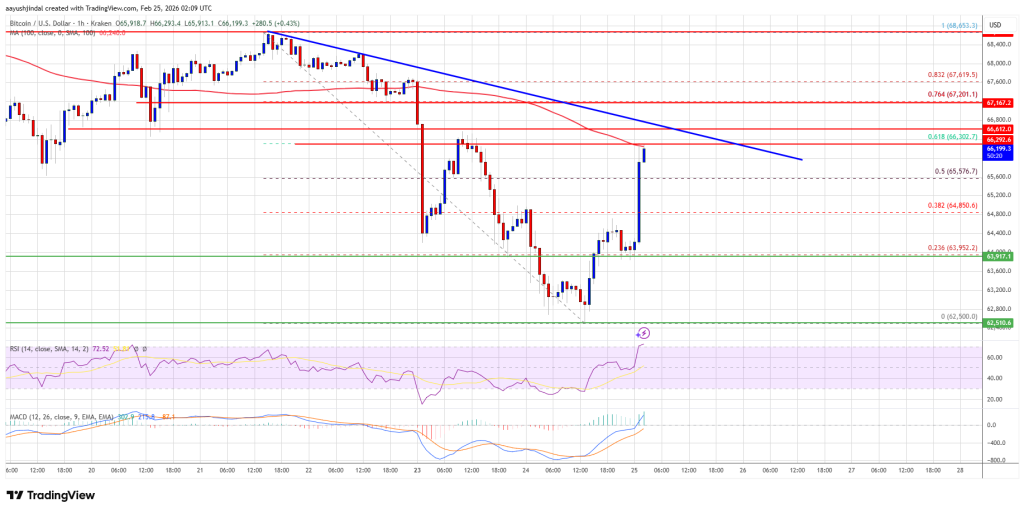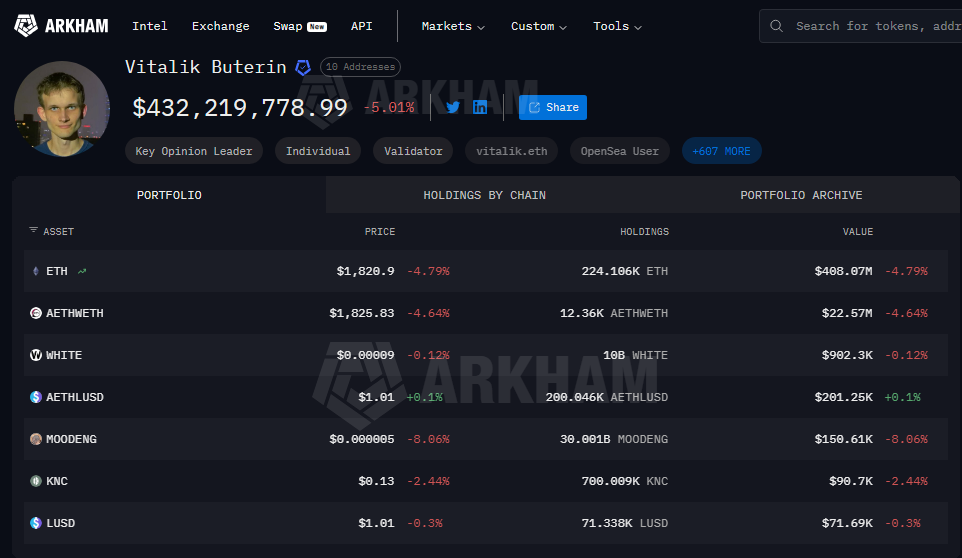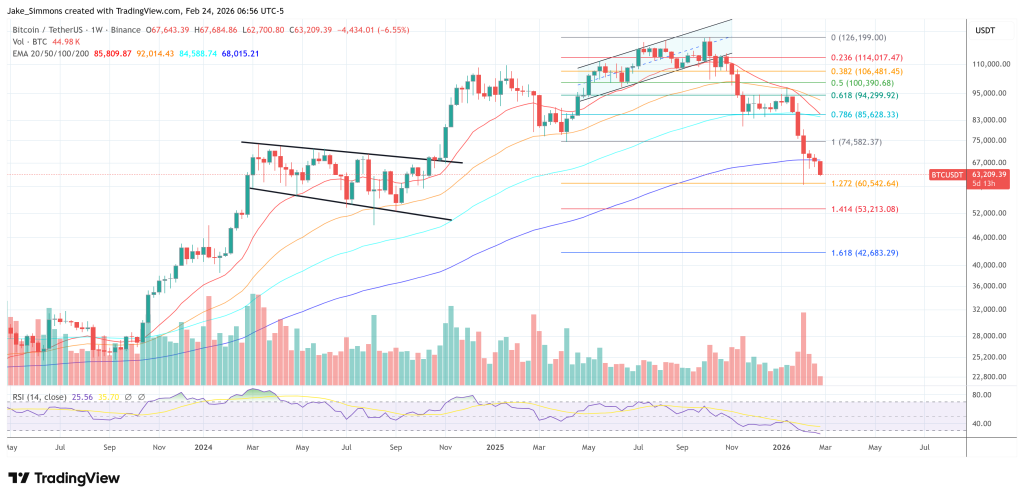
A system initially designed to record transactions made using Bitcoin, blockchain technology has come a long way to explore and push the boundaries of its capabilities. This has encouraged a continually extending list of ventures and projects, which makes one wonder exactly what it is that lends to the popularity of blockchain. The truth is, blockchain has brought into trade finance, among other sectors, a level of efficiency and other advantages that were lacking before. To understand this better, let’s take a look at the setbacks in trade finance.
Disadvantages of Trade Finance
Traditionally financing a corporate trade activity brings along paper-intensive business processes. The financial organization underwriting it comes under high risk of fraud. Manual processing of documents also creates a scope of inconsistencies in reconciliation or bookkeeping and audit hassles. The involvement of manual data maintenance and record-keeping makes the trade finance sector more prone to human error. Manual bookkeeping increases the chances of data redundancy and is not cost-effective as a method. It also takes a lot of time to maintain parity between different manual record-keeping databases. Also, it is complicated to supervise all the manual errors of the analog past, which to be corrected would need vast time and human effort. This shoots up the cost for the financial organization and supply chain financing for corporates difficult.
All this results in inefficient working capital management and impacts the overall economic output.
Advantages of Blockchain in Trade Finance
One of the main advantages of Blockchain, also known as distributed ledger technology, is how it improves the transparency of the trade process, eradicating fraud. Since every cryptocurrency has a unique identity, it makes tracking money within the blockchain network extremely easy. It also prevents instances of double spending and cashback.
A blockchain is basically a decentralized distributed ledger spread across multiple nodes. Therefore, sharing documents among counterparties becomes quick and error-free with the digitized data otherwise stored in piles of paper. Blockchain-based products for trade finance automates business processes by the implementation of the pre-programmed protocol, smart contracts. The smart contracting capabilities of the Ethereum blockchain platform validates transactions and reduces the costs of going through intermediary agents.
Blockchain lowers the operating cost for financial organizations and the finance ecosystem. It has achieved a breakthrough in providing corporates access to supply chain financing previously unavailable to them. This leads to not only better working capital management for businesses but also greater accountability to auditors.
Blockchain and blockchain products support Letter of Credit, Bank Guarantees, Pre-shipment loans, and Discounting methods common in trade finance today. The best of these products merge seamlessly with core systems of banks and ERPs of corporate by utilizing comprehensive APIs.
Bankers have recognized the profitability that comes from quick and traceable transactions, and trade finance is an area that stands to benefit the most from blockchain technology. The highly disorganized and fragmented infrastructure and customer delivery experience which currently marks the supply chain system is ripe for disruption. Some of the world’s leading financial institutions, such as BNP Paribas, Commerzbank, ING, and Royal Bank of Scotland that are active in trade finance, are in the process of shifting trade finance to blockchain technology.
The advent of blockchain in this sector has presented an end-to-end trade finance network preferred by banks and their corporate clients. It facilitates trade finance practices directly between trade participants, increasing efficiency in the market. Businesses are increasingly opting for a better connected, transparent, and highly automated open infrastructure to facilitate more efficient trade finance processes. This is achievable by creating a reliable environment for permission interactions between B2B networks, corporations, and service providers. Industries, especially those that deal in luxury items such as art or diamonds, are poised to benefit from a monitored business environment such as blockchain consortia. Be it a seasoned player like De Beers or a new-comer like Diamante; diamond industry participants are ready to try out their chance with a blockchain diamond consortium.
From a security point of view, blockchain enables simple, secured share trade-related data between different financial institutions. Each transaction is verified within the network using independently verified complex cryptography. By making it easier to exchange trade-related data and delivering financing to the entire ecosystem, blockchain could become the next big game-changer for trade finance.
Conclusion
As we advance into 2025, blockchain technology is set to revolutionize trade finance by enhancing transparency, reducing fraud, and streamlining operations. The global blockchain finance market is projected to grow from $8.1 billion in 2023 to $80.02 billion by 2032, reflecting a compound annual growth rate (CAGR) of nearly 28.98%. This significant growth underscores the increasing adoption of blockchain solutions across various financial sectors.
In trade finance, the integration of blockchain facilitates secure and efficient transactions, enabling real-time global payments and reducing reliance on intermediaries. Financial institutions are recognizing the profitability that comes from quick and traceable transactions, with trade finance standing to benefit immensely from blockchain technology. The highly disorganized and fragmented infrastructure currently marking the supply chain system is ripe for disruption, and blockchain offers a viable solution to these challenges.
Moreover, the adoption of blockchain in trade finance is not limited to large corporations. Small and medium-sized enterprises (SMEs) are also poised to benefit from improved access to supply chain financing, leading to better working capital management and greater accountability. The decentralized nature of blockchain ensures that all participants in the trade finance ecosystem can engage in secure, transparent, and efficient transactions.
As we look ahead, the continued evolution of blockchain technology promises to further transform trade finance, fostering a more connected, transparent, and automated global trade environment. Businesses that embrace these advancements will be well-positioned to navigate the complexities of international trade, capitalize on new opportunities, and drive economic growth in the digital age.





